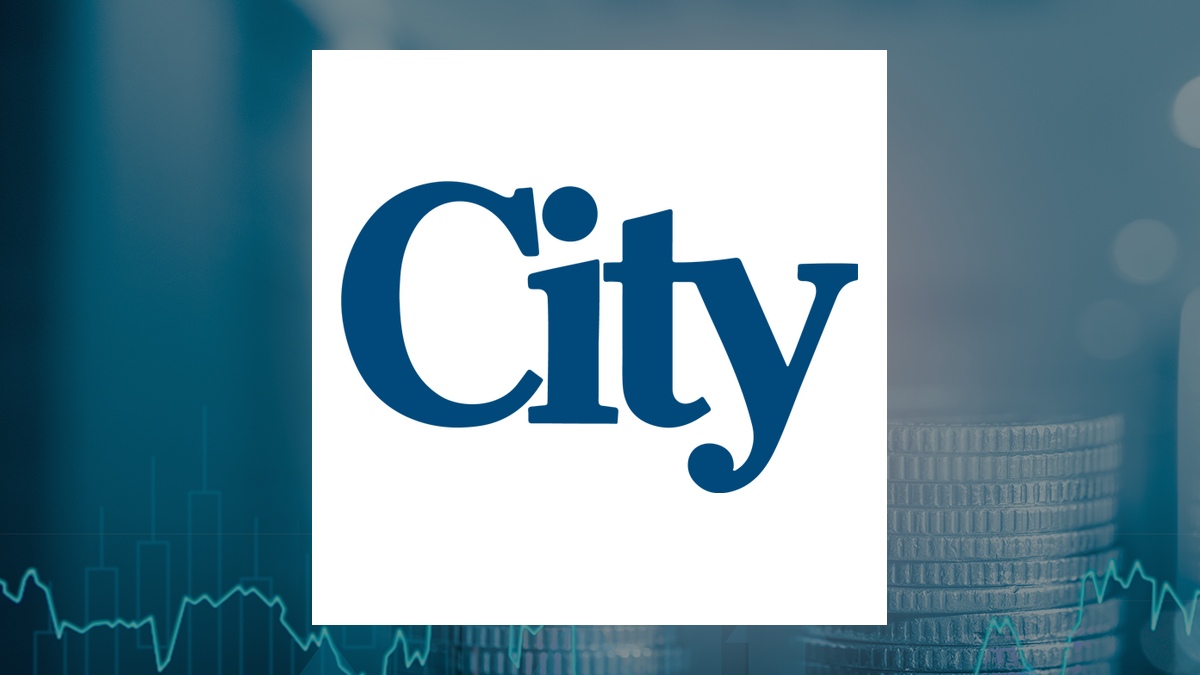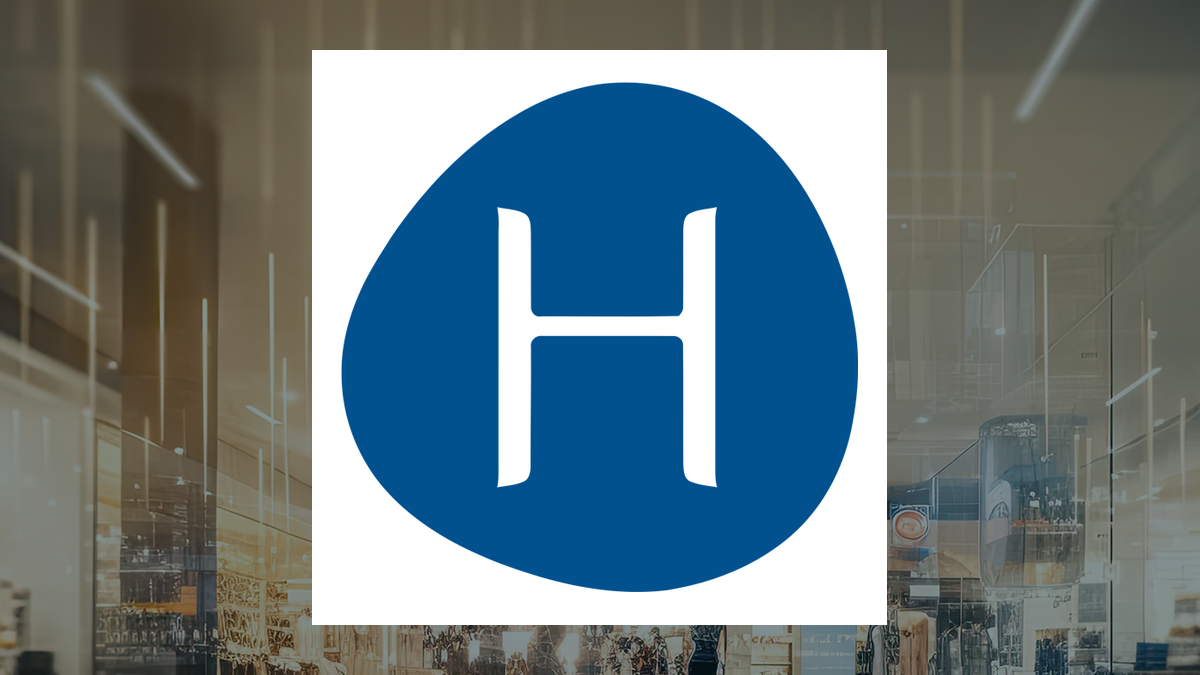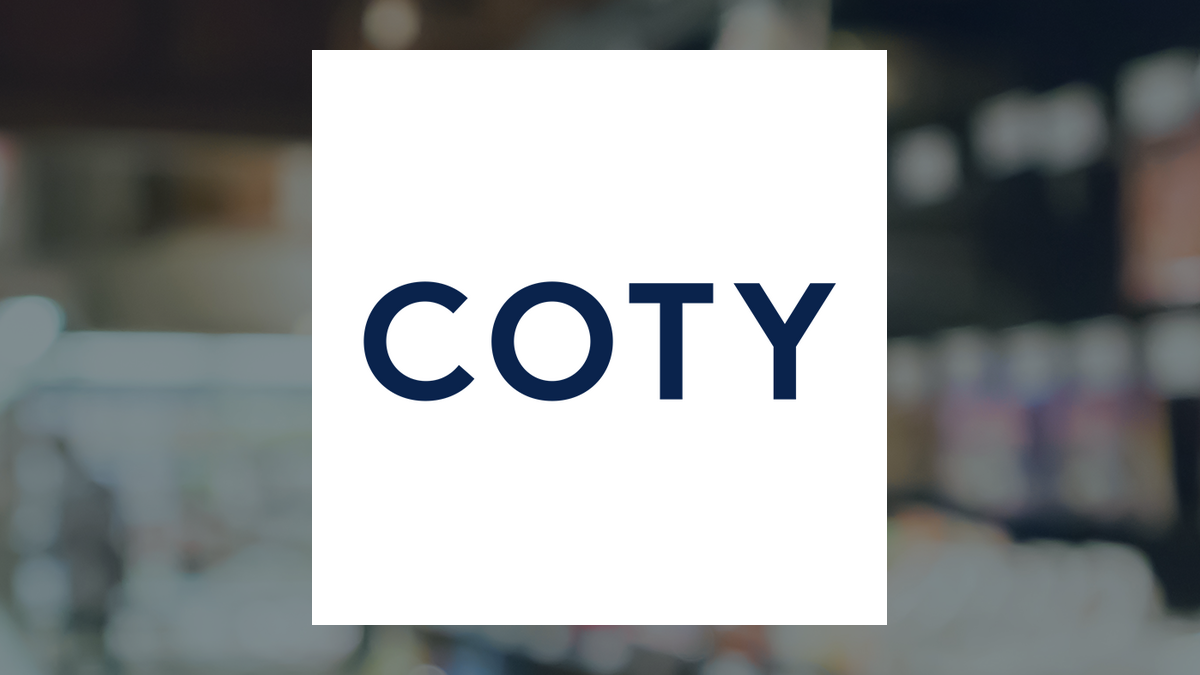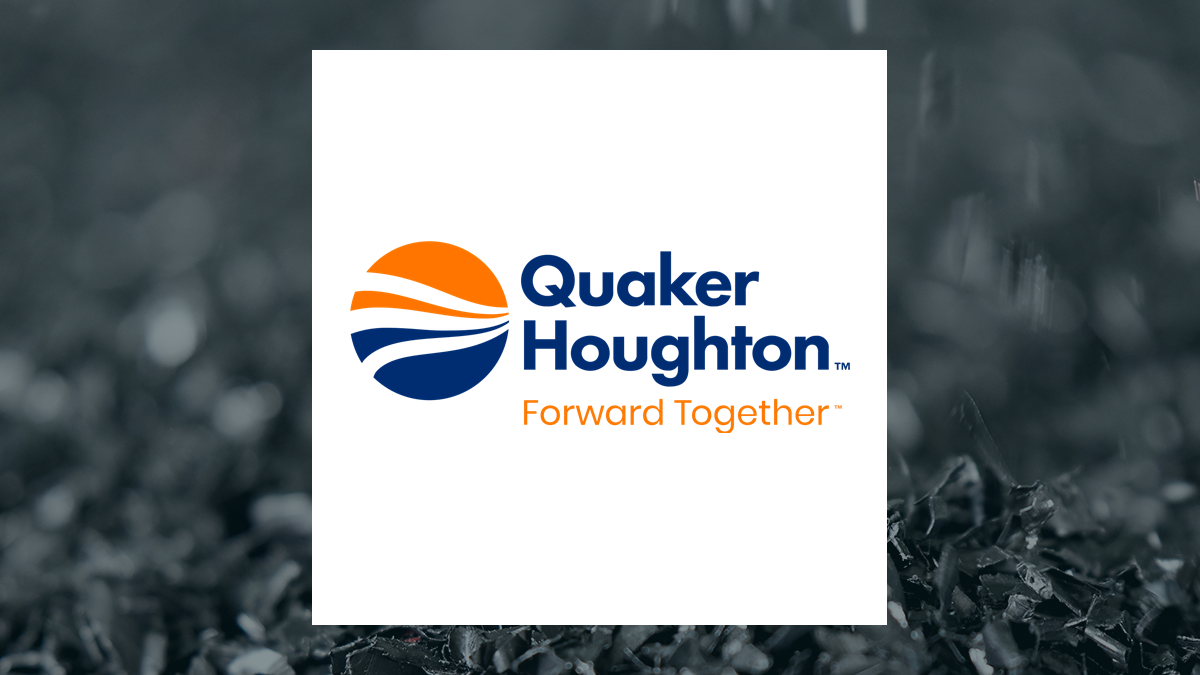Companies across industries have begun issuing new fees in response to U.S. tariffs.
And with those fees, The Wall Street Journal (WSJ) reported Sunday (April 13), comes a message: Please don’t blame us.In some cases, the report said, these businesses are adding flat fees, while others are charging customers a percentage of the subtotal. The idea is to pass on some of the cost of the tariffs onto consumers, especially on Chinese-made products — while placing some responsibility on President Donald Trump.

“We think transparency is the way to go here, and I am giving Trump full credit for his decision to add this tariff to all American consumers,” said Ryan Babenzien, CEO of Jolie, which sells high-end filtered shower heads that are made in China.He told WSJ to he would add a “Trump Liberation Tariff” to online orders in the weeks ahead, though the amount of that levy will depend on how the larger tariff situation plays out the company’s tariff-cost calculations.Other businesses are being more direct about the tariffs.
For example, BigBadToyStore, which sells action figures and collectibles, recently wrote to its customers telling them it would apply a tariff-related fee to preordered items.“I absolutely hate increasing prices to you, but the tariff situation is beyond our control,” wrote Joel Boblit, the company’s president and founder, promising to reduce or remove the charge if the tariffs decreased. PYMNTS examined the impact the tariffs are having on the financial services world last week in a conversation with Amias Gerety, partner at QED Investors.
The uncertainty surrounding the tariffs, he told PYMNTS CEO Karen Webster, is the key element undermining financial services, which depend on stability to provide loans, extend credit and make long-term investments. Conditions being what they are, it’s hard for businesses to make long-term commitments, whether constructing factories, expanding supply chains, or undertaking major projects. “Financial services need certainty,” said Gerety, who served as a Treasury department official under the Obama administration.
“If you’re planning for 10 or 14 years, uncertainty is devastating.”As companies approach earnings season, investors and executives brace for troubling guidance. Gerety expected sharp downward revisions in forecasts and increased volatility.
While first quarter results may seem stable due to positive conditions, they now offer little predictive power given the drastically transformed economic landscape. Major financial institutions, including JPMorgan, have already adjusted their forecasts toward predicting recessionary conditions.“Q1 was still a benign environment,” Gerety said, adding, “but the environment has changed dramatically, and even guidance will reflect that heightened uncertainty.
”The post Businesses Begin Tacking On Fees in Response to Tariffs appeared first on PYMNTS.com..
Business

Businesses Begin Tacking On Fees in Response to Tariffs

Companies across industries have begun issuing new fees in response to U.S. tariffs. And with those fees, The Wall Street Journal (WSJ) reported Sunday (April 13), comes a message: Please don’t blame us. In some cases, the report said, these businesses are adding flat fees, while others are charging customers a percentage of the subtotal. [...]The post Businesses Begin Tacking On Fees in Response to Tariffs appeared first on PYMNTS.com.















